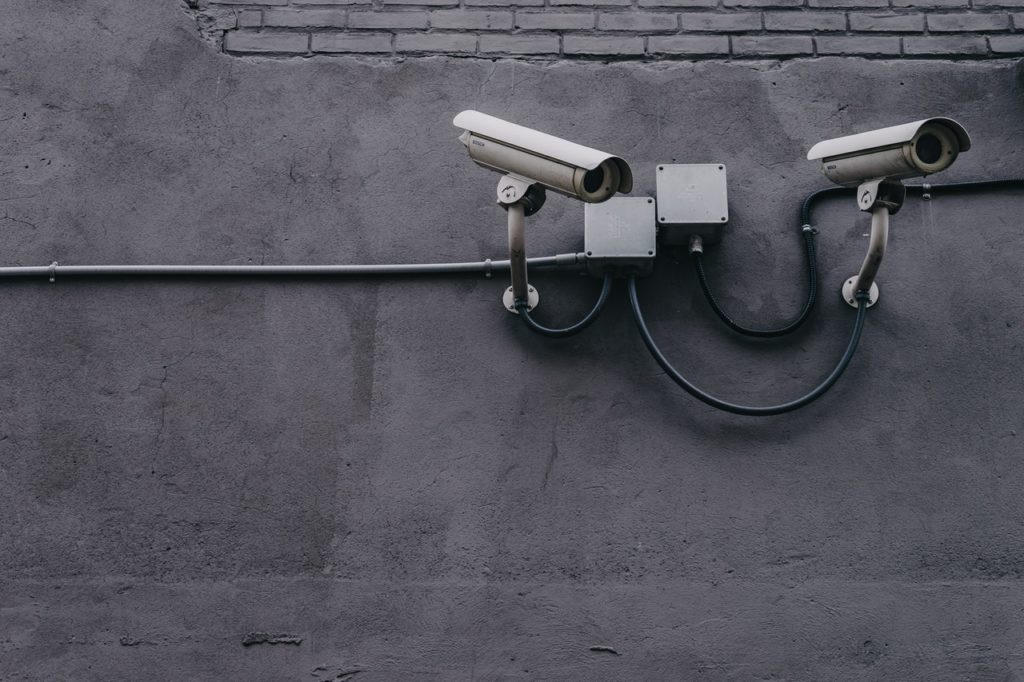Outside of China, London is the city with the most number of closed-circuit TVs (CCTVs). It has around 500,000 cameras for fewer than 10 million people. It means that there’s at least one of it for every 14 people.
Around the country are far more CCTVs that they already number over 5 million. This figure doesn’t include households that hire home security in Bucks and nearby surroundings and doorbell cameras.
Why are the UK and its homes investing so much on surveillance cameras? Do they truly work?
Why the UK Has Plenty of CCTVs
With so many surveillance cameras around the UK, the government spends a lot of money on their acquisition and maintenance. The data suggests that these devices cost about £300 million a year.
In other places, councils seem to be spending more on cameras than on other services. According to a Times report, they already used up over 75% of a billion pounds on CCTVs over the last 10 years. It represented an increase of more than 15% annually since 2010.
However, within the same period, the spending on food safety decreased by 16%, while street cleaning expenses went down by 12%. Their allotment for libraries also declined by over 30%.
Meanwhile, the residential demand for surveillance cameras also rose in 2020 by as much as 150%. The pandemic specifically fueled the need as over 56% of homeowners said they were either stressed or anxious now that they stayed more at home.
But why are the UK and its people seem to be obsessed with CCTVs? The answer is simple: crime.
UK’s Crime Rate
The UK doesn’t have the highest crime rate in the world. But it is significantly higher than that of other European nations.
On average, the crime rate index across the globe is about 47, according to the World Population Review. The UK posts 44.54. One is more likely to experience or see a crime in this country than in Spain, Italy, or even Russia.
The data from Statista also indicated that UK’s crime rate rose over the years, although it was nowhere near its highest between 2002 and 2003.
During this period, the rate per 1,000 population reached a whopping 110.1. From 2019 to 2020, it declined to 96.4. However, it was still higher than in Northern Ireland and Scotland.
What are the most common crimes in the country? According to the Office for National Statistics, England and Wales experienced a 2% increase in offenses involving vehicles in 2019. About 8% of these cases involved vehicle theft.
The report also revealed an 11% rise in robbery, while burglaries decreased by 3%. Nevertheless, this still equates to over 400,000 incidents.
While homicides decreased, offenses involving sharp objects like knives went up by 8%. So did firearm-related crimes, which rose by 3%.

But Do These CCTVs Work?
With the high spending and demand for CCTVs in the UK, it is worthy to ask: do they work? The answer is yes, but to a certain extent.
In 2010, the Metropolitan Police (Met) revealed that CCTVs in London helped solve as many as six crimes a day. During the same period, the agency caught over 2,000 suspects ranging from murderers to sex attackers. The Independent cited that this tech had been useful in 1 in every 1,000 crimes the following year.
Meanwhile, on a typical day, a Briton may appear over 50 times a day across the hundreds of CCTVs in the country. The data can help track a suspect’s movements or gain a more thorough idea of the happenings prior, during, and after the crime.
This has been illustrated by a 2017 research in the European Journal on Criminal Policy and Research. The team studied over 250,000 crimes in the railway network recorded by the British Transport Police from 2011 to 2015.
CCTV footage was available for investigation in 45% of the cases, while it was useful in solving crimes in 29% of the cases. Regardless, the information contained in these cameras increased solving across all types of crimes except for fraud and possession of weapons and drugs.
In a systematic review with meta-analysis on data that spanned 40 years, the researchers learned that these devices could significantly decrease crime in car parks and residential areas.
But most experts agree that CCTVs alone may not be enough to curb crime. In fact, it doesn’t deter it in many instances and can give a false sense of security.
The only way to make them more effective is to complement them with other security measures like alarms that can help detect intrusions and active monitoring. That is, users should view their CCTVs regularly and report crimes they see as soon as possible.

